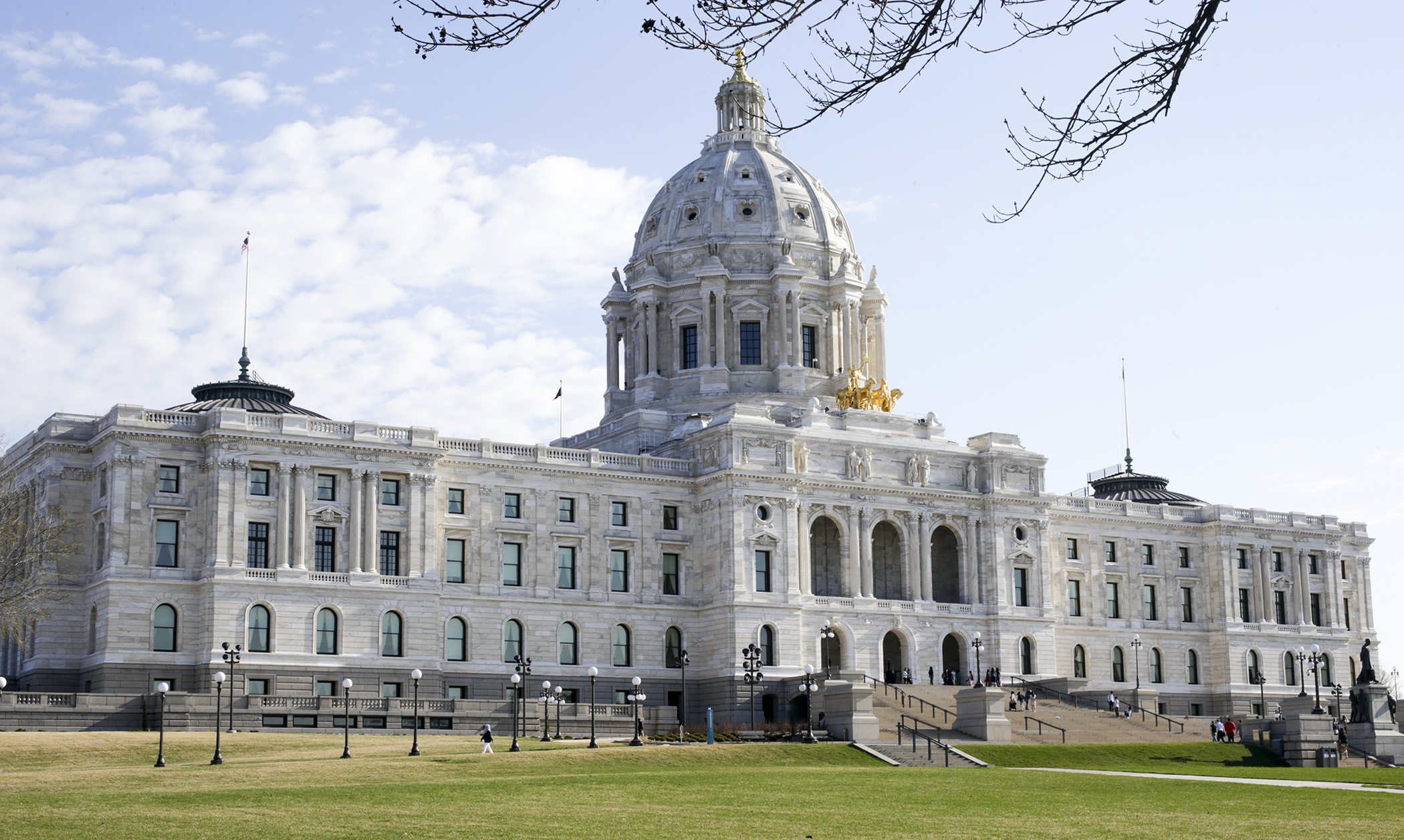House division OKs $100 million in emergency housing assistance

Many people impacted by COVID-19-related business closures were already one missed paycheck away from not being able to pay their bills, putting them at risk of homelessness and long-term financial turmoil, Rep. Alice Hausman (DFL-St. Paul) told the House Housing Finance and Policy Division during a remote meeting Tuesday.
She sponsors HF4541, which, as amended, would provide $100 million in emergency housing assistance grants to help people who have lost income due to COVID-19 avoid homelessness and maintain homeownership.
The division approved the bill 9-5 along party lines, referring it to the House Ways and Means Committee.
There is no companion bill, though the Senate is considering a smaller housing assistance investment to help people impacted by the COVID-19 pandemic, Rep. Tama Theis (R-St. Cloud) said.
“It’s hard to think of something more important than trying to keep people housed right now,” said Attorney General Keith Ellison. “You can hardly shelter in place if you have no shelter.”
Late payments of rent in the state have doubled, so Minnesota still has “a real serious problem,” even though most landlords have worked to comply with an executive order suspending evictions, Ellison said.
The money would run through the Minnesota Housing Finance Agency’s existing Family Homeless Prevention and Assistance Program, which would allow the process to work as quickly and smoothly as possible, said Anne Mavity, executive director of the Minnesota Housing Partnership.
In addition to rental assistance, the funding would be available to help with mortgage payments, homeowner association dues, mobile home lot rent, homeowner’s insurance, payments on a contract for deed, utility payments, and property taxes. It would go directly to the entity to whom payment is owed.
To be eligible, people would need to be unable to pay the money owed as a direct or indirect result of the public health emergency, and have a current gross income at or below 300% of the federal poverty guidelines. If they receive relief from other sources, they would need to immediately notify the granting agency.
Any funding that wasn’t committed by Feb. 1, 2021 would cancel to the General Fund.
The bill would also:
- prohibit landlords from charging late fees and terminating leases or failing to renew leases during the peacetime emergency, until Jan. 15, 2021;
- require landlords of residential units to provide notice before initiating eviction actions, after the peacetime emergency ends;
- allow defendants to request that any actions against them be dismissed if their landlord violates the provisions of the bill;
- prevent the initiation of a foreclosure during the peacetime emergency, until Jan. 15, 2021;
- make anyone who lies while attempting to claim relief under the bill guilty of public assistance fraud; and
- establish grant distribution and reporting requirements.
Under the bill, tenants would still owe rent to their landlords, and nothing prevents landlords from collecting the rent owed to them. But, hopefully, the bill would protect tenants in need from debt and long-term instability, Hausman said.
Many organizations spoke in favor of the bill, and Gov. Tim Walz is in support of the proposed amount, Hausman said.
“It’s in the interest of … public health that people be able to stay at home,” said Housing Commissioner Jennifer Leimaile Ho.
Several Republicans expressed unease about the bill’s cost, as the pandemic has gutted the state’s projected surplus and tax revenues are uncertain in the face of continued business closures.
“My biggest concern is that we’re going to promise what we can’t deliver,” Theis said. “I’m really nervous about, probably, the domino effect we’re going to be seeing and dealing with when … we finally get back to business.”
She would prefer aligning legislation with the Senate’s proposed $30 million investment, and potentially adding to it when more updated information is available.
“Based on the testimony we heard today, we can’t afford not to” make this investment, Rep. Michael Howard (DFL-Richfield) said.
Hopefully, when the bill goes to the House Ways and Means Committee, they should be able to get some clarification about when updated financial information will be available “since forecasted numbers aren’t relevant anymore,” Hausman said.
While the bill is a “win-win situation” that benefits both residents and landlords, the state’s long-term economic recovery strategy also needs to include a “robust bonding bill” that includes investment in housing, including public housing preservation bonds, Ho said.
Related Articles
Search Session Daily
Advanced Search OptionsPriority Dailies
Speaker Emerita Melissa Hortman, husband killed in attack
By HPIS Staff House Speaker Emerita Melissa Hortman (DFL-Brooklyn Park) and her husband, Mark, were fatally shot in their home early Saturday morning.
Gov. Tim Walz announced the news dur...
House Speaker Emerita Melissa Hortman (DFL-Brooklyn Park) and her husband, Mark, were fatally shot in their home early Saturday morning.
Gov. Tim Walz announced the news dur...
Lawmakers deliver budget bills to governor's desk in one-day special session
By Mike Cook About that talk of needing all 21 hours left in a legislative day to complete a special session?
House members were more than up to the challenge Monday. Beginning at 10 a.m...
About that talk of needing all 21 hours left in a legislative day to complete a special session?
House members were more than up to the challenge Monday. Beginning at 10 a.m...